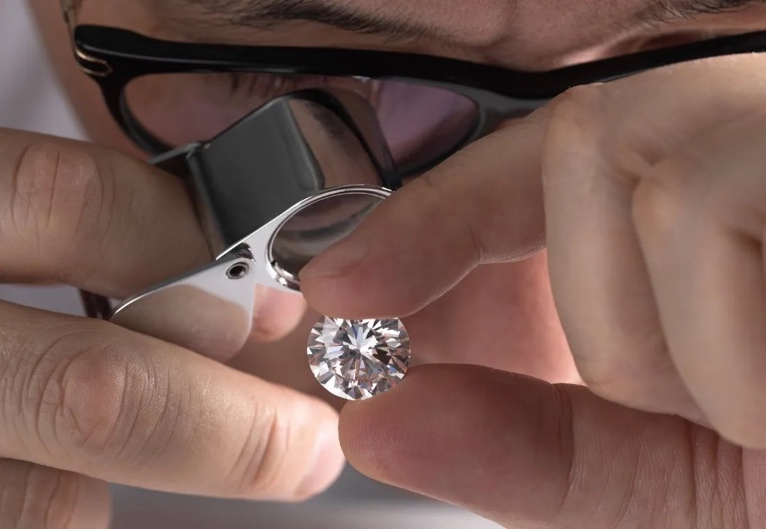In today’s economic landscape, pawn shops serve as vital hubs where individuals can obtain quick cash by leveraging their personal assets. Whether you’re in a bind and need immediate funds or simply exploring your options, understanding how pawn shops operate can be incredibly beneficial. This comprehensive guide delves into the workings of pawn shops how it works, their processes, benefits, and considerations.
Table of Contents
What is a Pawn Shop?
A pawn shop is a licensed business that offers secured loans to people, with personal property used as collateral. These loans are typically short-term and based on the value of the items pawned. Common items accepted include jewelry, electronics, musical instruments, and luxury goods. The pawnbroker assesses the item’s value and offers a loan amount based on a percentage of that value.
How Do Pawn Shops Work?
1. Pawn Process:
- Evaluation: When you bring an item to a pawn shop, the pawnbroker assesses its condition, authenticity, and market value.
- Offer: Based on their evaluation, the pawnbroker makes a cash offer for a loan amount, which is usually a fraction of the item’s retail value.
- Terms: If you accept the offer, you receive the loan amount in cash, and the pawn ticket outlining the terms of the loan.
2. Loan Terms:
- Interest Rates: Pawn loans typically have higher interest rates compared to traditional bank loans due to their short-term nature and the risk involved.
- Repayment: You have a set period, usually around 30 days, to repay the loan plus any accrued interest.
- Extension/Renewal: Many pawn shops offer extensions or renewals if you’re unable to repay the loan on time, typically with an additional fee.
3. Redemption:
- Option to Buy Back: If you repay the loan and any additional fees in full within the agreed-upon time frame, you can retrieve your pawned item.
- Default: Failing to repay the loan results in the pawn shop keeping the item, which they can then sell to recover their losses.
Benefits of Pawn Shops
1. Accessibility:
- Pawn shops provide quick access to cash without the need for credit checks or lengthy approval processes.
- They cater to individuals who may not qualify for traditional loans due to poor credit history or lack of steady income.
2. No Credit Impact:
- Since pawn loans are secured by collateral gold buyers Melbourne, defaulting on a loan does not affect your credit score or history.
3. Wide Range of Items:
- Pawn shops accept a variety of items, making it convenient to use different assets for collateral.
Considerations Before Pawning
1. Value Assessment:
- Understand the market value of your item to ensure you receive a fair loan offer.
2. Loan Repayment:
- Evaluate your ability to repay the loan within the agreed time frame to avoid losing your item.
3. Shop Reputation:
- Research and choose a reputable pawn shop known for fair dealings and transparent policies.
Conclusion
Pawn shops provide a valuable service by offering quick loans in exchange for collateral. Understanding how pawn shops work empowers individuals to make informed decisions when in need of immediate cash. Whether you’re looking to pawn items or simply curious about the process, knowing the ins and outs ensures a smooth and mutually beneficial transaction.









